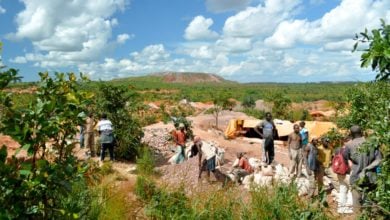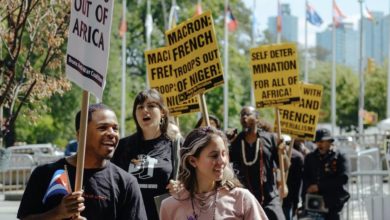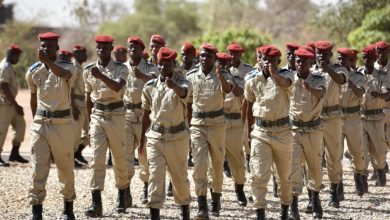Libya returned to the pages and screens of mainstream media recently with the Sept. 11 assassination of U.S. diplomat Christopher Stevens. But there has been a virtual silence about the siege of Bani Walid, a town about 90 miles southeast of Tripoli. Bani Walid was one of the last places to “fall” in the 2011 war on Libya, but recent events have demonstrated that the people of Bani Walid have for the past year continued to resist the neo-colonial government installed by NATO. As this article was going to press, it was reported that pro-government forces had taken control of the city.
For over two weeks, the town was attacked and shelled by pro-NATO forces, consisting primarily of armed gangs from Misrata, where last year’s counterrevolution began. Military groups loyal to the new government have prevented food, medical aid, electricity and other supplies from entering the town. On Oct. 23, Russia Today reported that hospital workers in the town had confirmed that chemical weapons, in addition to rockets, had been used in the onslaught. Houses, schools and hospitals were all attacked with rocket fire.
As a pretext for the offensive, the Libyan government used the death of rebel fighter Omran Shaban, who had allegedly been captured and killed in the town. Shaban had been credited with capturing former leader Muammar Gaddafi.
Bani Walid is home to the Warfallah tribe, Libya’s largest tribe comprising about 1 million people, or one-sixth of Libya’s population. As a result of the racist terror carried out by pro-NATO militias, many black Libyans sought refuge in the town after the overthrow of the sovereign government last year.
The International Committee of the Red Cross stated that around 25,000 people were forced to flee as a result of the siege. (Libya Herald, Oct. 24) It is estimated that at least 150 people—some as young as 13-years-old—have been killed and hundreds have been injured so far. There have been reports of militia members indiscriminately bulldozing housing and other infrastructure in the town.
In an extremely telling and under-publicized move, as the siege continued on Oct. 23, the United States blocked a draft resolution proposed by Russia which aimed at a peaceful resolution to the violent conflict.
The siege of Bani Walid sends another signal that the Libyan people will not stand down in the face of the effective re-colonization of their country.





